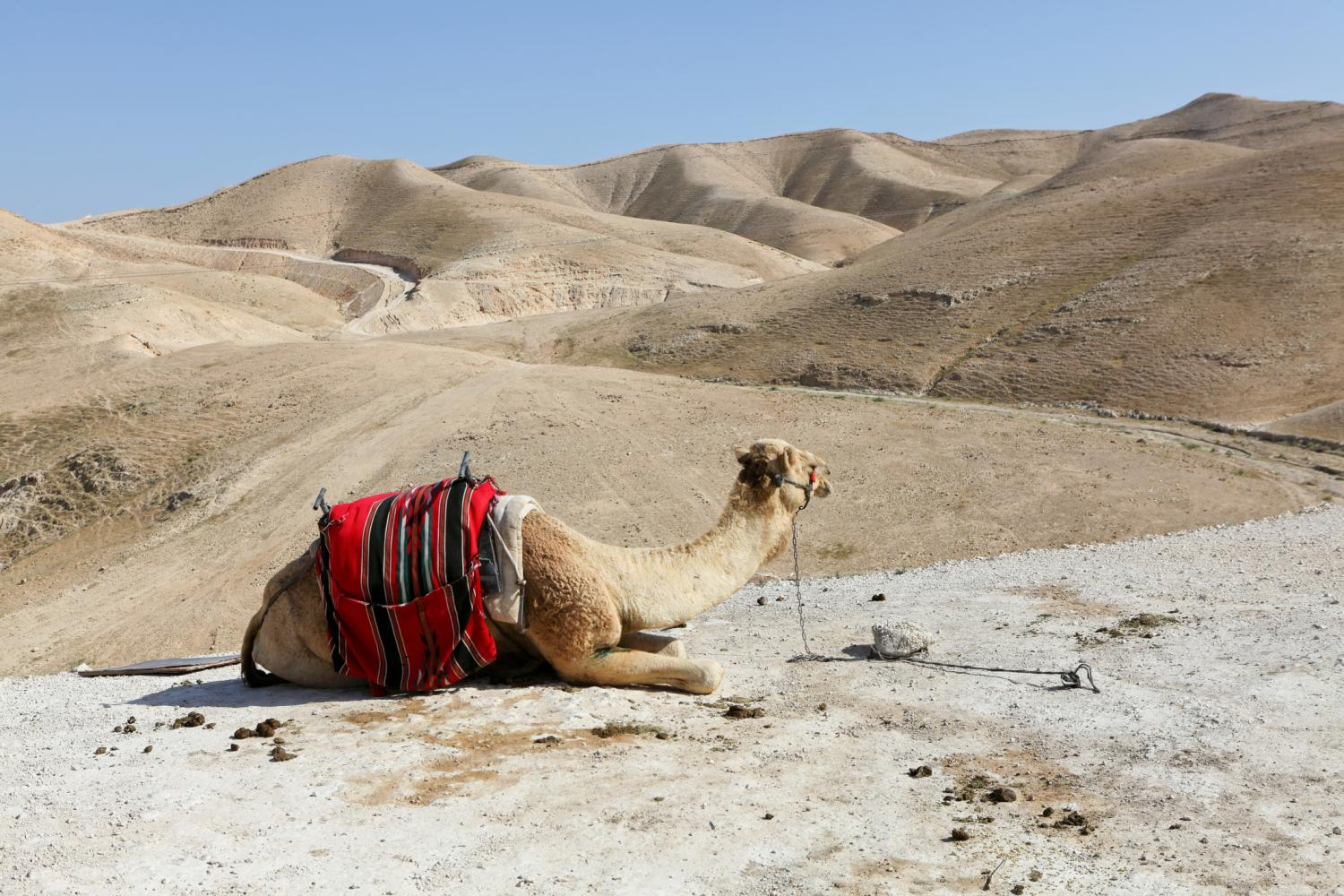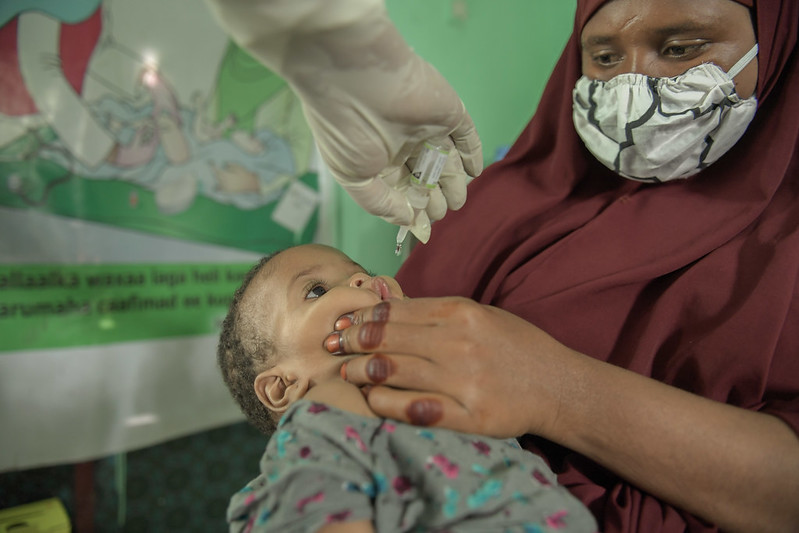The US Food and Drug Administration (FDA) yesterday announced the strains it recommends manufacturers include in seasonal flu vaccines for the 2025-26 flu season, and they mirror recommendations announced by the World Health Organization (WHO) last month.

The agency's vaccine advisory committee typically makes the recommendation in early February following an open session that includes a public hearing. With the change in presidential administration, however, the FDA shelved its usual deliberations on the topic by its Vaccines and Related Biologics Advisory Committee (VRBPAC), which typically includes input from FDA scientists, as well as those from the Centers for Disease Control and Prevention (CDC) and the Department of Defense.
Input narrowed to federal agencies
The FDA posted the presentations from the interagency group that recommended the strains in its announcement. Unlike previous years, there wasn't input from any vaccine company representatives or those from the WHO Collaborating Center for Surveillance Epidemiology and Control of Influenza.
The FDA recommendations are the same as for last month's WHO advisory committee recommendation for the 2025-26 Northern Hemisphere vaccines, which switch to a different H3N2 influenza A strain for the egg- and cell-based vaccines.
"With today's action, the FDA does not anticipate any impact on timing or availability of vaccines for the American public," the FDA said, adding that it expects an adequate and diverse supply of trivalent (three-strain) vaccines for the next US flu season.














